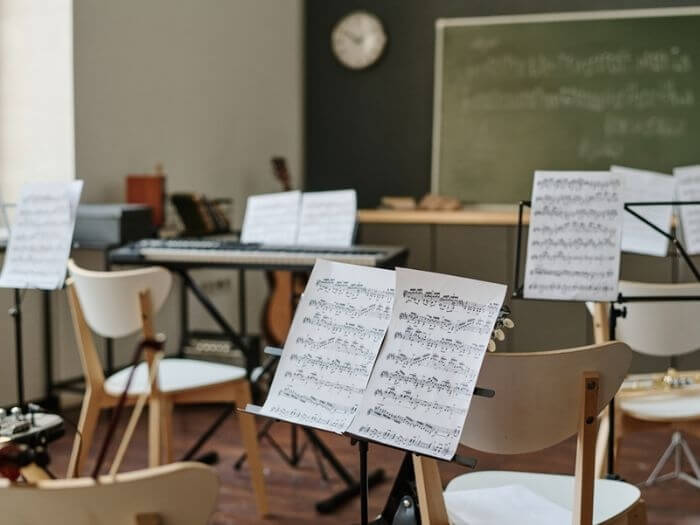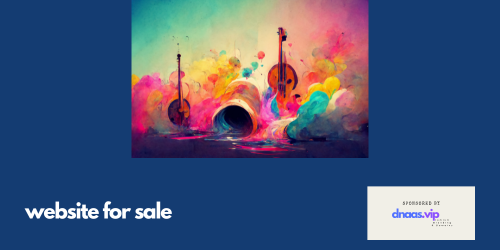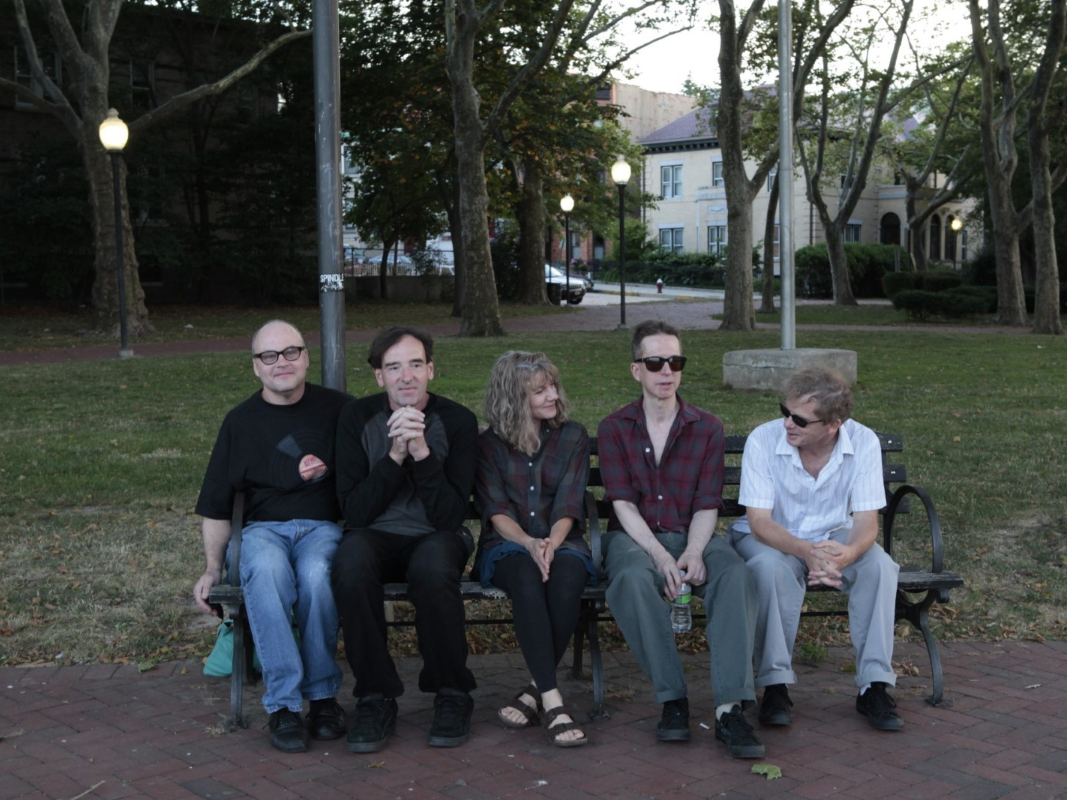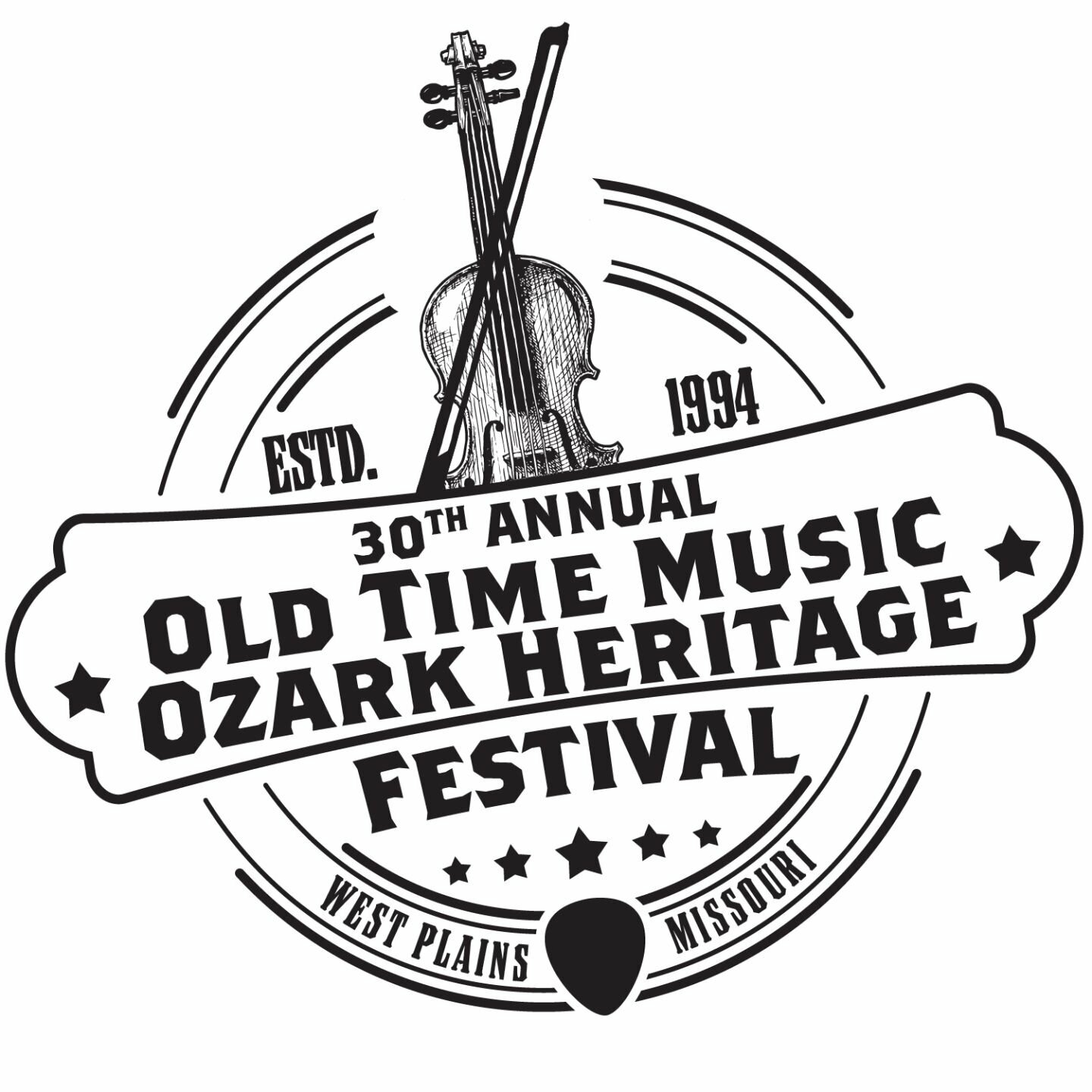
The Musicians Union has joined forces with the National Education Union and a coalition of organizations across the arts and education sector to raise concerns about the erosion of the arts across the curriculum.
The Art Apocalypse statement offers policy solutions that the signatories believe will help save the arts from disaster.
We urge politicians of all parties to consider this statement, note the seriousness of the current situation, and commit to implementing the solutions proposed.
The Arts Apocalypse statement is part of a program of work inspired by a motion put forward by MU-NEU joint member Victoria Jaquiss at an NEU conference regarding significant reductions in arts and music education in schools.
This government’s support for arts education has been woefully inadequate
Chris Walters, national organizer for education, health and well-being at the University of Michigan, said:
“MU members are passionate about universal music education – it’s about how many people enter the profession and how we ensure that the next generation of professional musicians are not just those whose families can afford tuition.
“The University of Missouri is therefore proud to partner with a number of other organizations that share similar concerns about their own disciplines, demonstrating that comprehensive arts education is severely under-supported under the current administration.
“The Arts Apocalypse statement will help everyone who cares about arts education come together and restore these important subjects to the heart of our schools.”
Read the full artistic revelation statement below.
Art Apocalypse: It’s time for a failing system to change
The crisis in our schools is deep, multifaceted, and worsening. The current state of arts education is one of the clearest signs that something is wrong with our entire system.
A commitment to arts education is critical to arresting its decline and building an education system fit for the 21st century.
We call on politicians from all parties to recognize these issues and respond on the scale necessary. We encourage educators and the wider arts community to drive radical change in schools and communities.
The arts are vital to human achievement; they are meaningful activities with personal, social and economic value. But in education, what is recognized in principle is often denied in practice. In an underfunded system, we see arts education decimated as school leaders are forced to make impossible decisions under shrinking budgets and a damaging focus on a narrow curriculum.
In primary, the demands of testing often push arts education into a corner of the curriculum. Elementary teachers report that they feel they do not have the skills to be successful arts educators. Initial teacher training fails to equip teachers with confidence to teach arts subjects. Opportunities for career advancement are rare.
in middle school, initiatives rooted in greater accountability promoted by the EBacc system have had a similar effect: actively discouraging students from pursuing arts-based routes. Subjects deemed important by the government, such as English, have been stripped of their creative content. Assessments in other arts subjects are filled with written tasks. Governments are increasingly directing schools to offer prescriptive, often centrally planned curricula that focus on exams while the arts are marginalized. The impact on behaviour, mental health, school engagement and attendance is catastrophic.
We demand systemic change
Studying to be an art or music teacher – indeed a teacher of any subject – should mean learning the skills and knowledge relevant to the profession. After being reshaped by the government, teacher education has come to mean something else—the training of general skills and the degradation of quality.
The numbers are dropping dramatically. As a generation of students comes of age who have lived through a declining system, recruitment of specialist teachers in arts subjects has dropped to dangerous levels. This vicious cycle threatens the existence of quality arts education in schools. Good practice does exist, but it is independent of the system, not because of it.
The consequences of not changing course are bleak. Our system fails to help pupils achieve their potential and ignores their cultural experiences at home and in the community, which increases problems with mental health, behavior and poor attendance.
The relegation of arts subjects to third-class citizenship in our education system threatens the future of the country’s creative industries, but it also hinders our ability to prepare children to fully develop their talents and interests. It blocks their access to the arts and their rights protected by Articles 29 and 31 of the United Nations Convention on the Human Rights of the Child.
We believe that the benefits of a comprehensive, broad-based curriculum and equal focus on the arts can deliver huge social, economic and personal mental health benefits for generations to come. We demand systemic change.
We want politicians to make the following commitments:
- Education spending has been significantly increased, with dedicated funding for arts education.
- To increase the supply of arts teachers, ITT recruitment falls far short of targets.
- A comprehensive review of the curriculum and assessment from EYFS to Post-16 to expand and improve the stated aims of arts education. Supplementary arts education practices such as Progress 8, EBacc, and the SAT should be ended.
- No more destructive low-value language and “Mickey Mouse” rhetoric to describe artistic subjects.
- Rebuilding arts education organizations that support schools.
- Give education and arts unions, subject associations, arts educators, arts organizations a seat at the table when reviewing the curriculum.
The Art Revelation Statement is supported by the following organizations:
National Education Alliance, Access Art, WGGB – Writers’ Alliance, Primary Education Literacy Centre, Black Lives Matter in Music, Equity, Musicians’ Alliance, One Dance UK, Susan M Coles – Arts Creative Education Consultant, Artist, British Literacy Association, Youth Music , National Theatre, London Theater and National Association for Education in Arts and Design.




